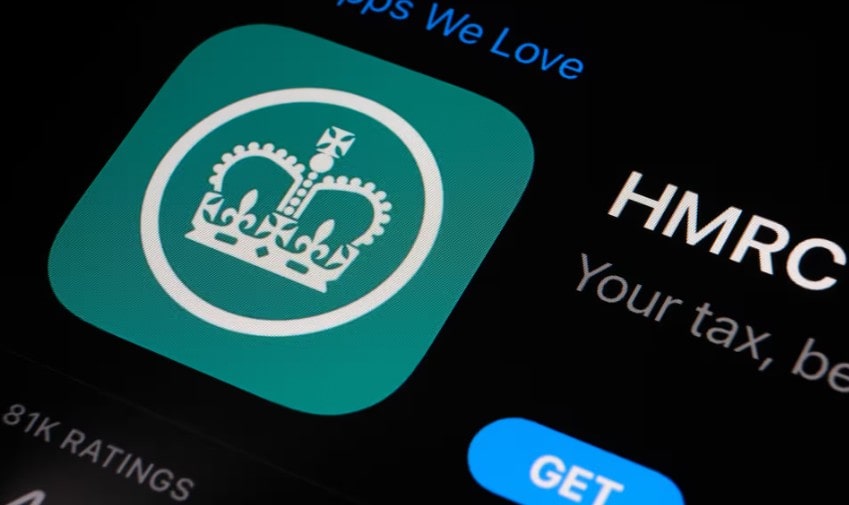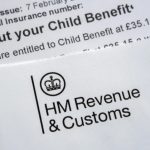HMRC Under Fire for Failing to Track Billionaire Tax Contributions, Say MPs
HMRC has come under intense scrutiny after a damning report by a cross-party group of MPs revealed the tax authority has no clear idea how much tax the UK’s billionaires are actually paying.
In a revelation likely to fuel debate around wealth and fairness, the House of Commons public accounts committee said the tax authority is “facing challenges in getting all the data it needs to risk assess and target wealthy people.”
The blunt conclusion? HMRC doesn’t have a full picture of individual wealth in Britain — especially at the top.
Lloyd Hatton, a Labour MP and member of the committee, didn’t hold back: “I think they know probably how many billionaires there are, I don’t think HMRC know how much tax they’re currently paying as a cohort.”
He went on to slam the authority’s figures on the so-called “wealthy tax gap” and “offshore tax gap” as “woefully inaccurate”, suggesting billions could be going uncollected.
“We are talking about large sums of money which we can invest into our public services,” Hatton added. “So this makes a real difference, if we get it right.”
The report, published Wednesday, did recognise HMRC’s efforts. It praised the £5.2bn raised from wealthy individuals in 2023–24, a significant jump from the £2.2bn collected in 2019–20. Yet, the message from MPs was clear: more must be done.
With the new Labour government keeping the door open to fresh tax measures on the rich, this report may serve as a wake-up call. As the Treasury seeks to plug a widening fiscal gap before the Autumn Budget, eyes are now firmly on the top earners.
Measures floated so far include the abolition of the non-dom regime and changes to business and agricultural reliefs. A wealth tax has not been ruled out.
Last week, a spokesperson for Prime Minister Sir Keir Starmer reiterated the government’s stance: “The prime minister has repeatedly said those with the broadest shoulders should carry the largest burden.”
Among the report’s key recommendations? Embrace artificial intelligence.
MPs urged HMRC to start using AI to analyse financial data and mine publicly available sources — like the Sunday Times Rich List — to build fuller profiles of individuals’ wealth.
The US is already doing something similar. Their Inland Revenue Service uses the Forbes 400 list to guide investigations. Still, experts warn that rich lists aren’t always reliable due to the opaque nature of many billionaires’ finances.
While HMRC works to close the gap at the top end, it’s also been issuing tax-related alerts to households across the country. Recently, more than 4 million UK homes were sent HMRC tax refund letters — a move intended to improve transparency and ensure individuals aren’t missing out on repayments they’re due.
One of the most alarming findings in the report was the dramatic fall in penalties imposed on the wealthy. The number dropped from 1,750 in 2022–23 to just 456 in 2023–24.
The committee called HMRC’s ambition to increase penalties and prosecutions “underwhelming.”
The authority defended itself, stating: “Extra resources were announced in the recent spending review which allows us to significantly step up our work on closing the tax gap among the wealthiest.”
“This includes recruiting an extra 400 officials specialising in the wealthy and offshore tax gap, and increasing prosecutions of those who evade tax,” it added.
Legally, anyone in the UK with a £200,000 income or over £2m in assets in any of the past three years falls under the ‘wealthy’ category. But tracking these individuals, especially those with offshore holdings, remains a tough task.
Phineas Hirsch, a lawyer at Payne Hicks Beach, said international cooperation was already aiding tax enforcement since the 2017 introduction of the Common Reporting Standard, which allows automatic exchange of offshore account data.
“It is inevitable that AI will speed up the ‘joining of the dots’ so that tax authorities can process the information received on foreign assets,” he noted.
With a fiscal hole to fill and public services crying out for investment, the pressure is mounting. The spotlight is now on HMRC to step up – and start getting the rich to pay their fair share.
Whether AI, new hires, or sweeping tax reforms will be enough? That’s the £5.2bn question.






